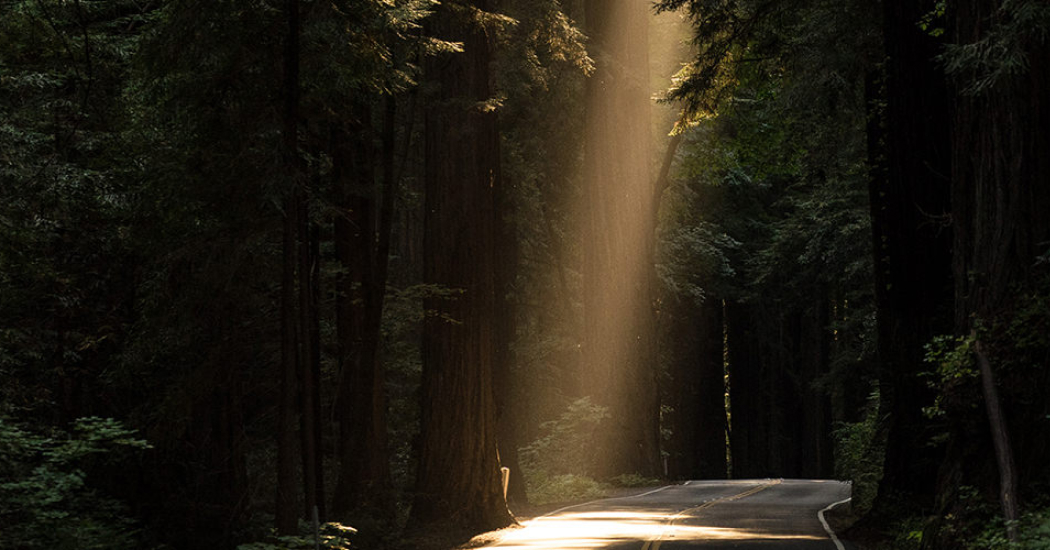What Powers Creative Excellence at Cannes? Oftentimes, It’s Envy

If there’s any common theme in the advertising business culture, it’s envy. You only need to read a few comments deep on any advertising blog to feel the barely disguised glare of “invidere” (Latin for “to look with malice”). Julian Tuwin, the Polish poet, wrote: “Success—something your friends will never forgive you.”
There is definitely a creative caste system. Though the hierarchy has shifted in recent years, for eons it went something like this: Theatre people looked down on the film business. The film people looked down on television. And television people looked down on advertising. Within advertising, the “above the line” people looked down on the “below the line” people. At one point, the offline people looked down on the online people. Now that has reversed. Regardless of the pecking order, derision has always flowed down and envy always up.
You can see envy in the creation of the advertising award industry itself. A few years after Louis B. Mayer established the Academy Awards in the late 1920s (to curb the formation of unions, by the way), envious Europeans started the Venice Film Festival. And after that, a group of advertising filmmakers created the International Advertising Film Festival (it took place in Venice, hence the lion—the symbol of the city). After all, if theatrical films got awards, why shouldn’t commercials? “Our work is just as important,” the ad people said, not quite convinced. Later the film festival moved to Cannes and the advertising festival followed. Those who won there felt important, like movie stars. And those who didn’t win felt, well, envy.
As the award industry grew (first the Lions, then the Art Director’s Club, then the D&AD, then the Clios, then the Addys and the Andys) creative people could envy trophies and certificates of all shapes and sizes.
I do admit I feel tremendous envy when I see others win awards. Even though I know it’s the work that counts, I still want some of that limelight. Lots of people poo poo awards and disparage the shows, but usually those are the people who crave them the most. Interestingly, there are two very distinct groups of people who have serious disdain for awards: those who have never won anything and those who have won a ton. (Note: The people I know who have the most awards don’t display them; they pile them in boxes and shove them in closets like old sneakers).
Cannes is upon us this week, and, yes, I wish I were going. I haven’t done any work this year that is worthy of winning a Lion, but I would go in a heartbeat if I could justify the plane ticket. I know there will be a lot of inspiring talks—the lineup of speakers is incredible. I know that great work and great ideas will be shared. I know that there will be awesome parties to which even awesome people will not be invited. The weather will be beautiful, the food will be fantastic and the drinking will be abundant. Even before the photos get posted, I know the women will be glamorous and the men will be cool, if not debonair.
And when I read about what is happening on La Croisette, I know the ugly green-eyed monster will take over. I’ll tell myself that the whole thing is self-indulgent and celebrates an attitude that squanders dollars and ignores commerce for the sake of entertainment. Yes, I will tell myself that. But something else will happen. I hate to say this, but it’s true. I will look at the winning work and I will try even harder. I will work longer and more diligently. I will demand more of the people on my team. And as a result, our agency’s work will become significantly stronger.
Sarah Hill and David Buss concluded in their study, The Evolutionary Psychology of Envy, that the Deadly Sin serves a real purpose. Humans respond to it either with submission, destruction—or ambition. For the majority of people I have worked with in my career, it is the latter that gets sparked.
So, driven by envy, I will make my work better and better. I can imagine my television friends someday looking upon my work with awe. And their friends in film looking at my work with awe. And friends of friends performing in Hamilton looking at my work with awe. “What is that?” they will ask when they come to the drinks party at my perfectly decorated urban loft. “Is that an Emmy award on the mantle?” “No,” I will say, smiling. “A Tony?” “Kind of, but different.” “A Peabody? A Pulitzer?” “No. It’s an advertising award,” I will explain.
“A Lion?” They will exclaim, with sudden visceral excitement.
“Well, no. I didn’t win at Cannes. It’s an internal award. I won best ad of year—voted by the people in my department. “Nice,” they will say. With derision.
But I won’t mind. After all, my boss only has two. I have three.
